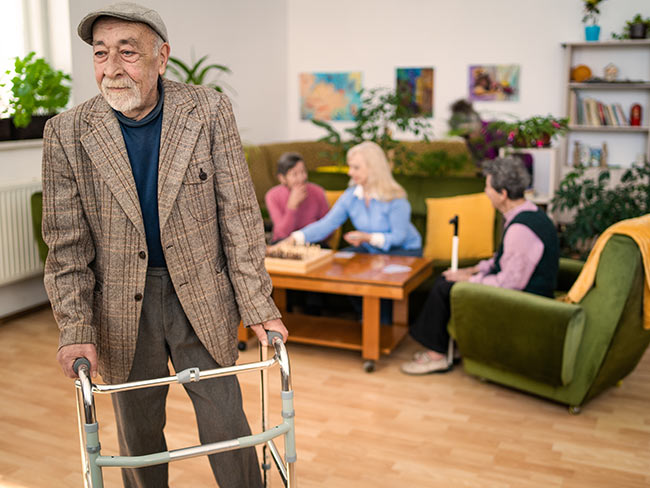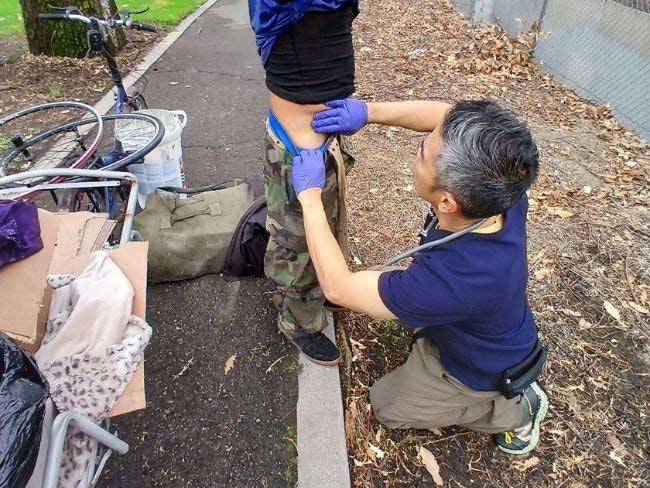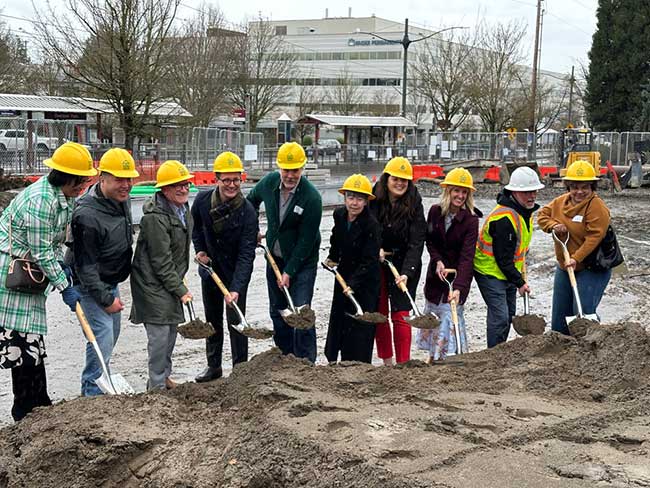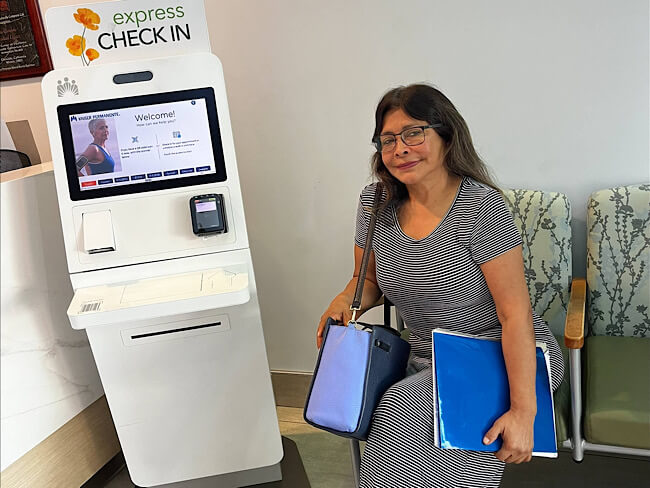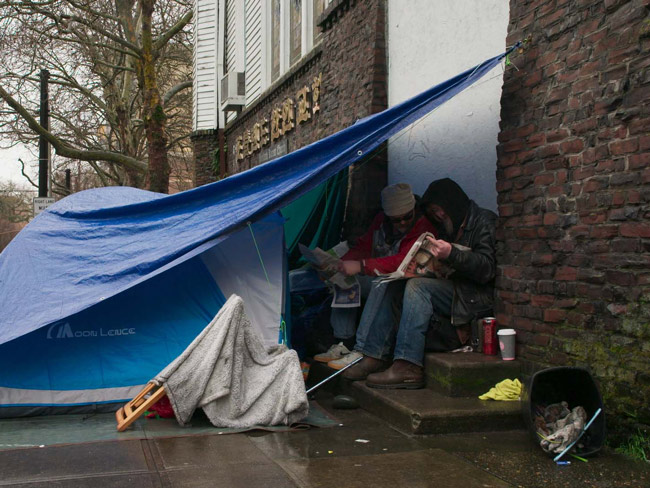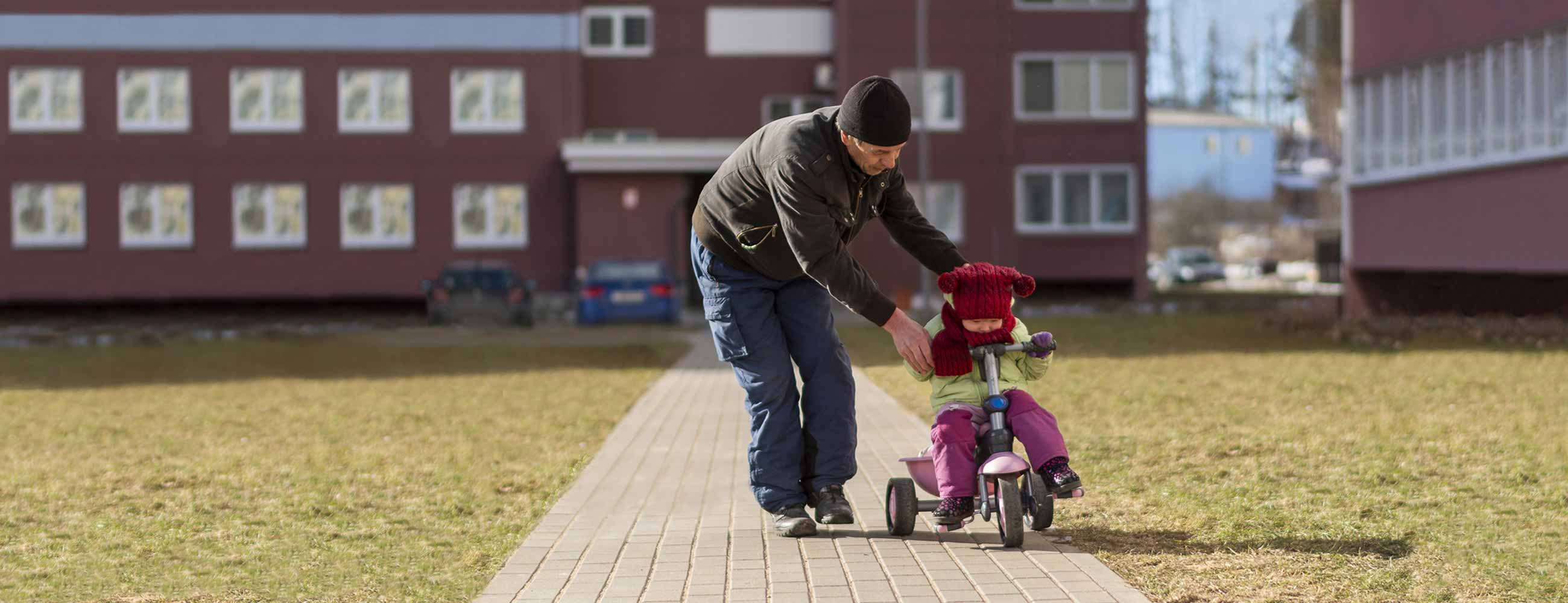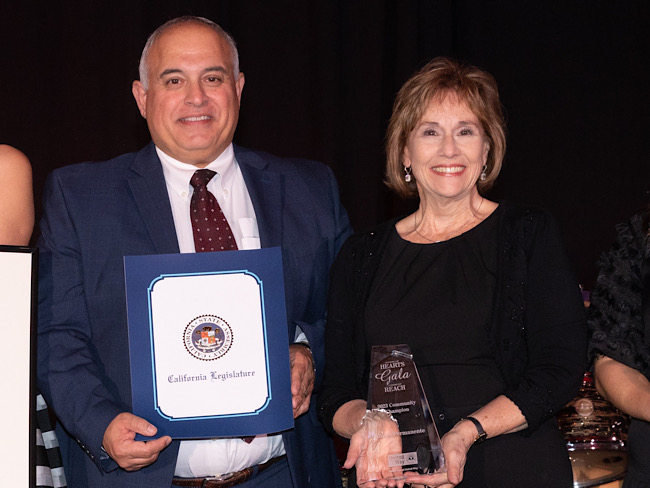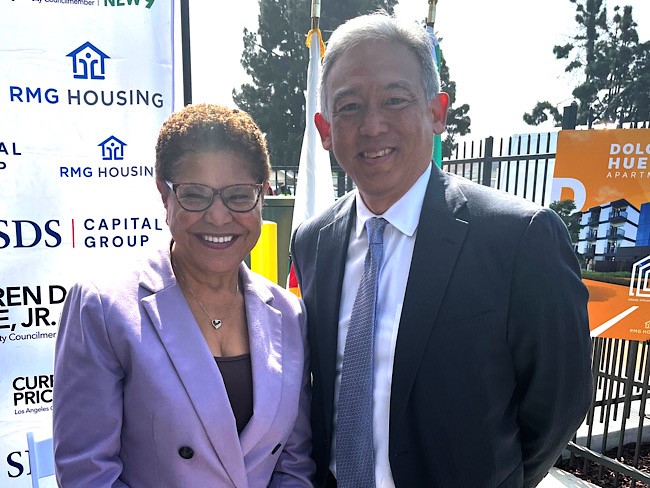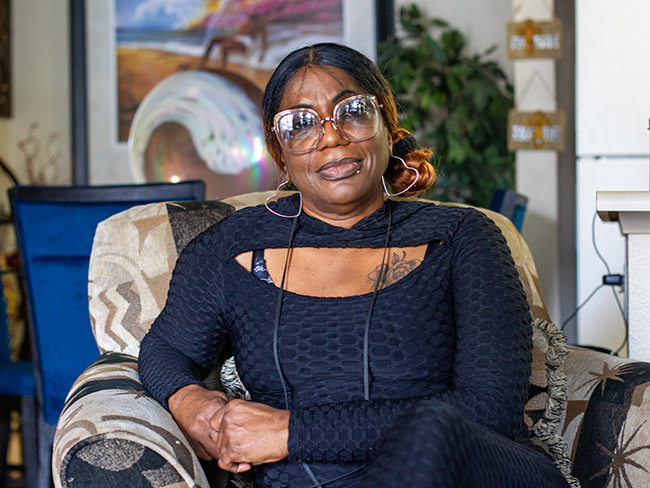Housing for health
Reliable housing is essential for good health. Without it, people can struggle to manage medical conditions, access care, and recover from illness. That’s why we work with community partners to create housing solutions that strengthen health and well-being.
Our impact
Our housing initiatives make a difference for Kaiser Permanente members and for people throughout the broader community. We connect people with housing options in their communities while working to create more safe, affordable places to live.
Our programs
Screening for housing insecurity
We ask members if they’re having trouble affording or keeping their housing. If they are, we help connect them to support through the Kaiser Permanente Community Support Hub®.
Medical respite initiative
Medical respite care provides short-term housing and medical care for people who are experiencing homelessness and recovering from injuries and illnesses.
We’ve funded medical respite programs across 7 states. Learn how these programs offer vital care to people without housing.
Built for Zero
Built for Zero is a national movement helping communities use real-time, person-specific data to solve homelessness. Instead of relying on outdated annual counts, communities track who is experiencing homelessness as it happens. This approach enables faster, more effective responses by directing resources to the most urgent needs.
Thriving Communities Fund
The Thriving Communities Fund is an investment in affordable and supportive housing to address critical needs. They provide capital and long-term loans to acquire, develop, and maintain multiunit properties, ensuring stability for residents. The fund also supports faster housing delivery, social services for vulnerable populations, and solutions to prevent homelessness and eviction.
Medical-legal partnerships
We connect Kaiser Permanente communities and members to no-cost legal aid to help prevent evictions and improve housing stability. Learn more about how these innovative partnerships keep families in stable housing to support health.
The human side of homelessness
Kaiser Permanente supported the production of the docuseries “The Way Home,” to illuminate root causes of — as well as promising solutions to — the homelessness crisis in California and across the country.
Collaborating with policy leaders to support housing initiatives
Our work spans federal, state, and local levels, where we actively support policy solutions that expand access to safe and stable housing.
This includes support at the federal level for low-income housing tax credits and the inclusion of housing in federal infrastructure plans. At the state and local levels, we support housing bonds, encourage the adoption of inclusionary zoning policies, and champion initiatives that provide legal counsel for renters in eviction proceedings.




